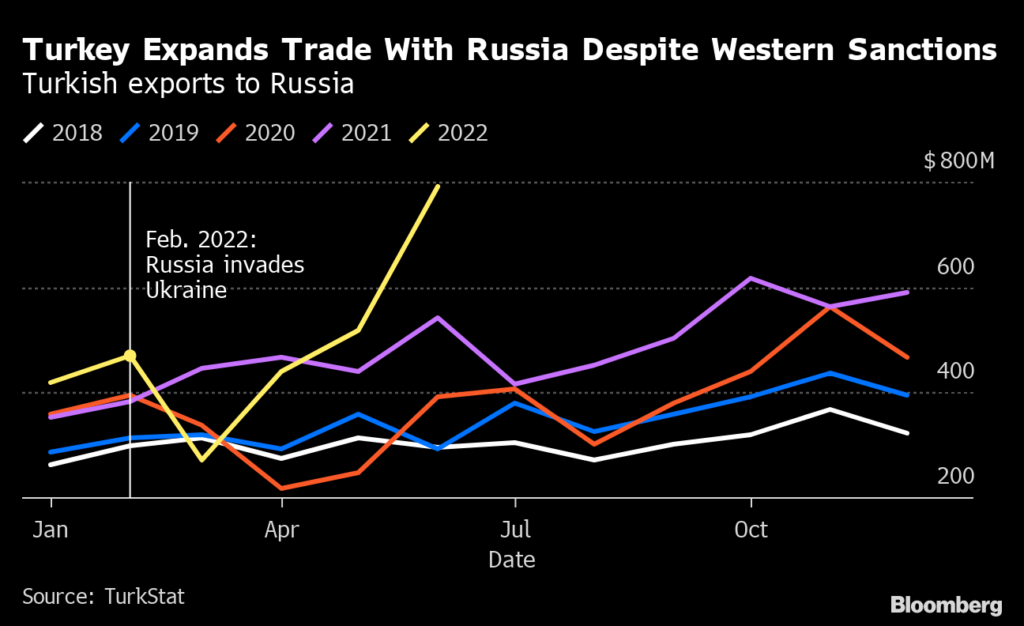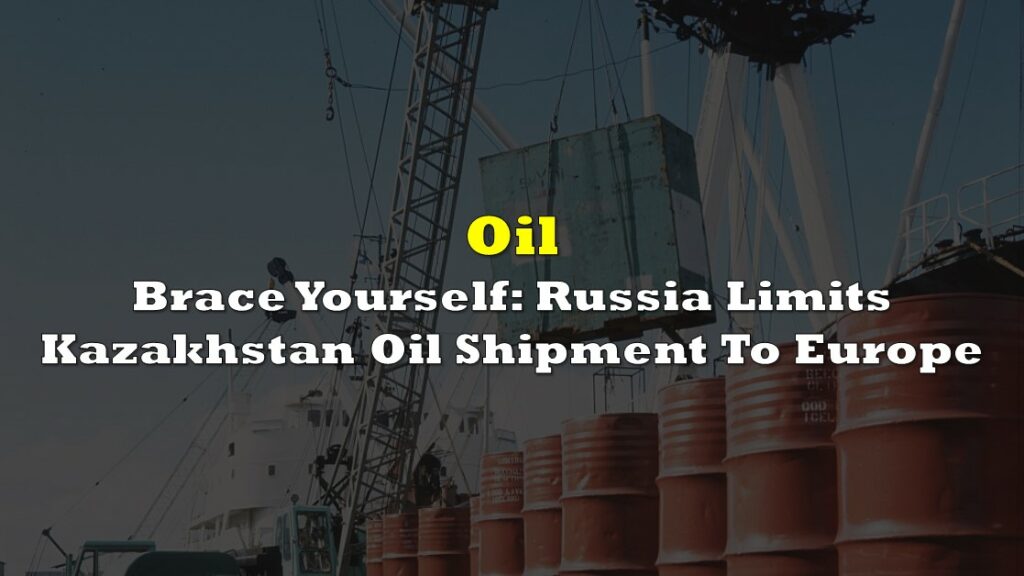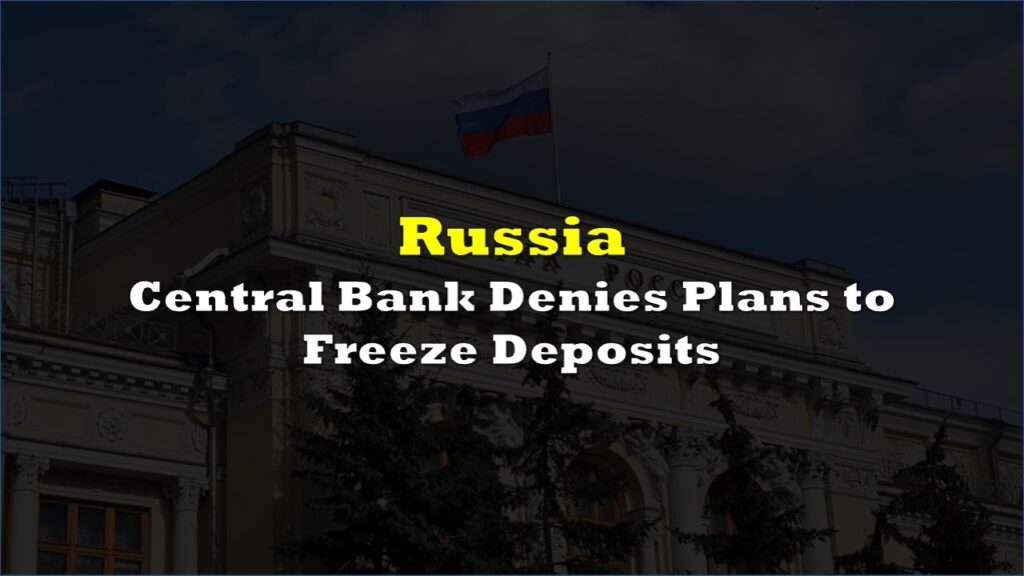A couple of Turkish bank have stopped using Russia’s Mir payment system in their respective networks. The move was said to be due to the warning of second-hand sanctions the US issued on parties that help Moscow circumvent the penalties.
Isbank and Denizbank have announced separately that they have halted the use of Mir, which is Russia’s answer to Visa. Isbank, in particular, confirmed to Bloomberg that the decision follows the US Treasury Department’s latest pronouncements on additional sanctions.
The Office of Foreign Assets Control announced last week that it is looking to impose sanctions on parties outside Russia that still continue to use the Mir payment network. The West aims to turn up the heat on economic sanctions in an attempt to deter Moscow from raking in revenues to fund its Ukraine invasion.
Read: If The Sanctions Aren’t Working, Why Is Russia Making A 10% Budget Cut?
Turkey is one of the few countries considered to be still “friendly” with Russia. Ankara has been ramping up its trade volume with the latter and Turkish banks recently joined the Mir payment system in early August.

However, Turkey has been on the receiving end of building pressure from both the US and European Union, pushing the country to prevent helping Russia to “bypass the sanctions”.
In August 2022, India and Russia were reportedly working on a way to integrate Unified Payments Interface and SPFS–the countries’ own respective versions of the SWIFT system for interbank transactions. This would make Mir and India’s RuPay be mutually acceptable in both countries.
Aside from India, Mir is still being accepted in Vietnam, Armenia, South Korea, Uzbekistan, Belarus, Kazakhstan, Kyrgyzstan, Tajikistan, South Ossetia, and Abkhazia.
Information for this briefing was found via Russia Today and the sources mentioned. The author has no securities or affiliations related to this organization. Not a recommendation to buy or sell. Always do additional research and consult a professional before purchasing a security. The author holds no licenses.









